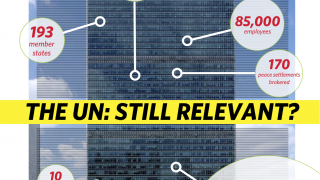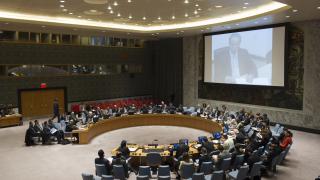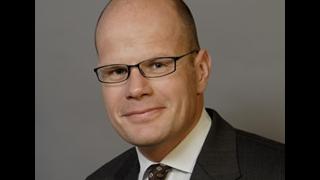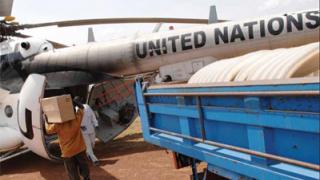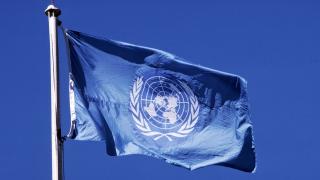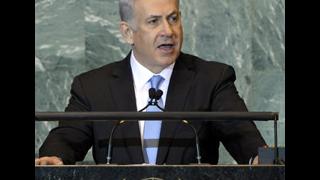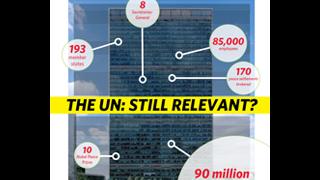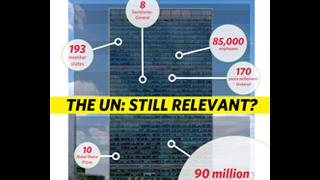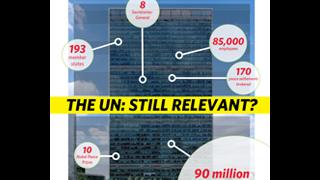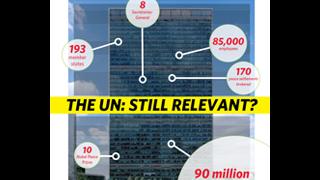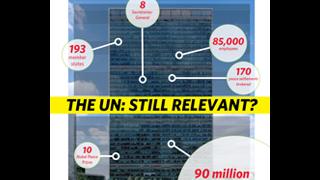
‘Something must be done; anything must be done, whether it works or not’ – expressed by Bob Geldof during the Live8 concert, this feeling strongly resonates within many development and environmental circles, particularly in relation to the broad, complex and contested structure of international development. The challenge for advocates, policymakers and institutions is finding what works. It is often easier to formulate short-term interventions focussed on providing immediate relief than to identify. It is easier too to construct policies based on existing perceptions of what is needed and received wisdoms on poverty instead of ones that reflect meaningfully the experience of living in poverty. Never has this flaw been more conspicuous than in matters related to environment.
Under the dominant neoliberal ideology, the environment is seen as a free commodity, open to exploitation for economic growth and prosperity. And as environment is designated as a ‘public’ sphere, it becomes incredibly difficult to pinpoint a definite authority to address the aftermath of environmental degradation. By and large, this responsibility has been the burden of developing countries with the implicit assumption that the ‘third world’, with its lion’s share of poor and uneducated population, is responsible for the thoughtless and haphazard destruction of environment. However, beyond the buzzwords such as ‘sustainability’, are we really on track to a healthier and greener environment? Or are we witnessing, even more vividly, the unequal power relations of the world and the prevailing market principles of economic growth and privatisation?
The Brundtland Commission (1987) issued a definition of sustainable development as meeting the needs of the present without compromising the ability of future generations to meet their own needs. This view has been widely accepted in the field of environment sustainability, yet it is difficult to develop universal standards of what is meant by ‘needs’. In developed countries, with flourishing service industries and consumerism at its peak, it is questionable to suggest that only ‘needs’ are being fulfilled. So, should the world’s poor sacrifice their natural resources for a wealthier population? Or should our understanding of sustainability be remodelled?
The turn of the century saw renewed global political commitments culminate in the creation of the Millennium Development Goals (MDGs), a blueprint for development highly focussed on global South. MDG 7 tackles environmental sustainability, primarily through the integration of principles of sustainable development into domestic policy. However, critics say that MDG 7 fails to recognise the way in which the global financial system operates, and thus overlooks the transnational dimension of the world economy. Little has changed about the trading relationship between the global North and South, as they both remain importers and exporters respectively of primary commodities. And with a large number of multinational companies operating directly or indirectly within the developing world, should we be focussing our efforts on governments alone? Surely companies too should adhere to eco-friendly rules and regulations.
When the consequences of the global environmental degradation manifest themselves in the form of rising sea levels, melting glaciers, and an unbalanced ecosystem, how should we respond? This is one of the most pressing questions of our time. In fact, many of these changes have already begun and judging by the reaction to date, it appears that for many governments, organisations and individuals, action on these issues is still not a priority.
Instead of debating who has contributed the most to environmental degradation, we should be planning our collective response. Ultimately, the consequences will not be restricted to a certain region or country. So, isn’t it high time to take global responsibility?
Sangita is currently studying for a BA in International Development at Middlesex University and is a Membership Intern at UNA-UK.

